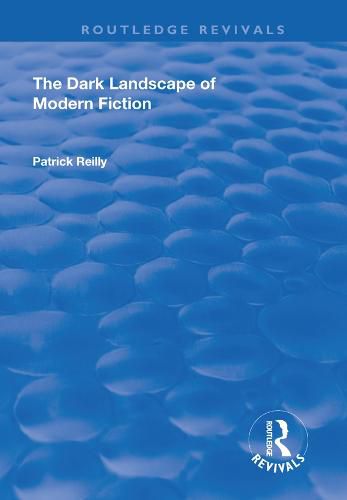Readings Newsletter
Become a Readings Member to make your shopping experience even easier.
Sign in or sign up for free!
You’re not far away from qualifying for FREE standard shipping within Australia
You’ve qualified for FREE standard shipping within Australia
The cart is loading…






This title was first published in 2003. This text explores the dark, pessimistic truth that pervades the pages of modern texts , setting a theme of Dante’s Inferno against the work of modern authors including Dostoyevsky, Hardy, Conrad, Wharton, Kafka, Camus, Waugh and Flannery O'Connor. The author’s thesis is that these writers exhibit a hostility towards the reader, an anger that the reader should continue to be so deludedly happy when the writer has become so mortifyingly enlightened. At its most characteristic, Reilly demonstrates, modern fiction seems to achieve a savage satisfaction in inflicting this pain, to an extent that could be described as sadistic. Reilly traces what he calls this punitive spirit to a character in the Inferno , Vanni Fucci, who suffering himself does his best to make Dante suffer too. Through the study he uses the Inferno as a guide to the prevailing attitudes in modern fiction, revealing a parallel between the prohibition of pity within the medieval poem and in the pages of modern texts.
$9.00 standard shipping within Australia
FREE standard shipping within Australia for orders over $100.00
Express & International shipping calculated at checkout
This title was first published in 2003. This text explores the dark, pessimistic truth that pervades the pages of modern texts , setting a theme of Dante’s Inferno against the work of modern authors including Dostoyevsky, Hardy, Conrad, Wharton, Kafka, Camus, Waugh and Flannery O'Connor. The author’s thesis is that these writers exhibit a hostility towards the reader, an anger that the reader should continue to be so deludedly happy when the writer has become so mortifyingly enlightened. At its most characteristic, Reilly demonstrates, modern fiction seems to achieve a savage satisfaction in inflicting this pain, to an extent that could be described as sadistic. Reilly traces what he calls this punitive spirit to a character in the Inferno , Vanni Fucci, who suffering himself does his best to make Dante suffer too. Through the study he uses the Inferno as a guide to the prevailing attitudes in modern fiction, revealing a parallel between the prohibition of pity within the medieval poem and in the pages of modern texts.